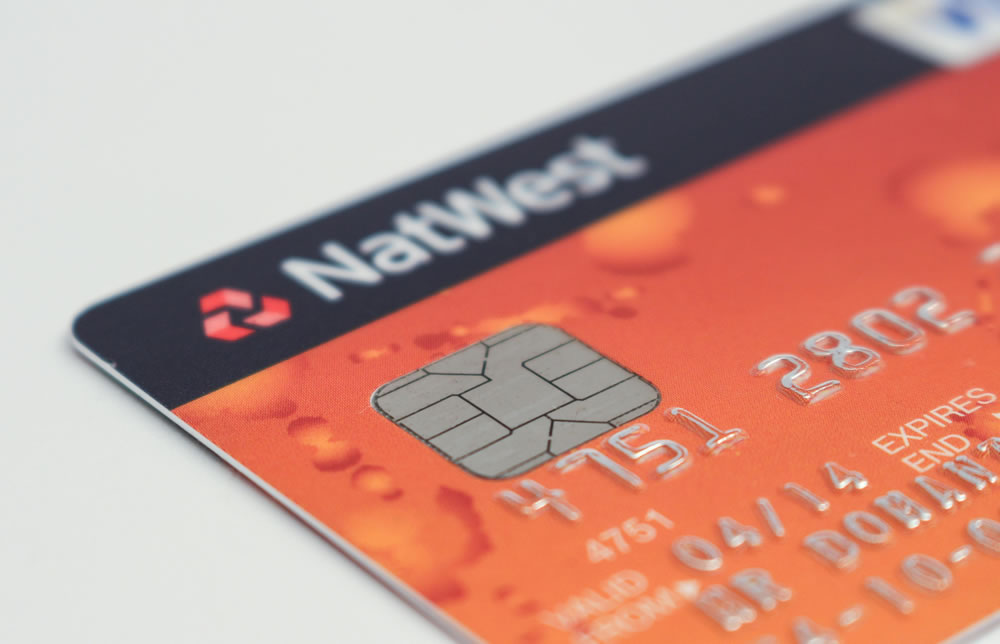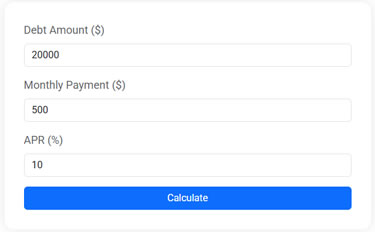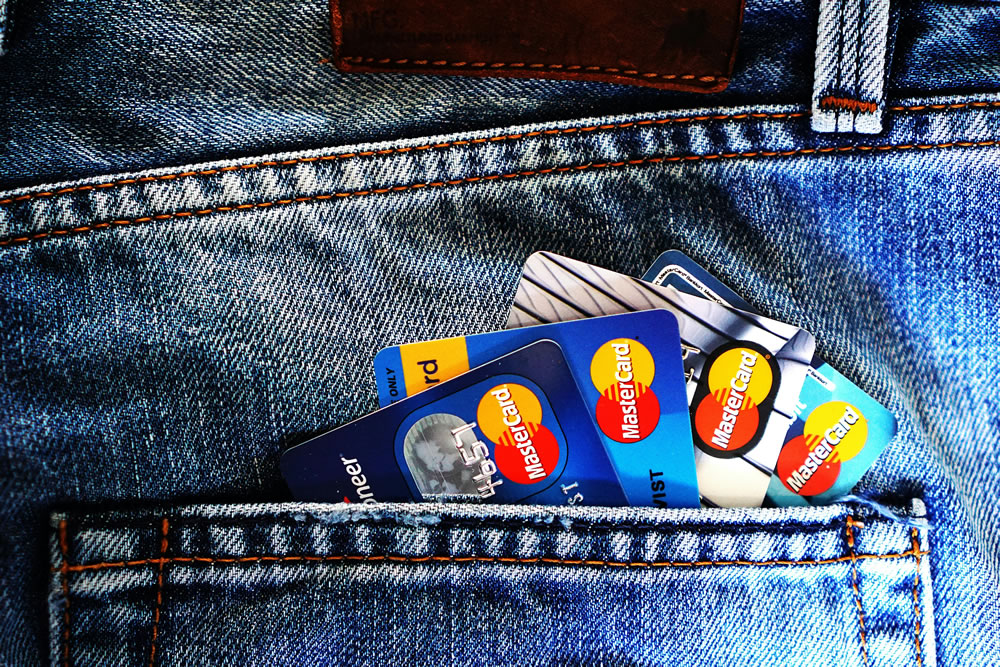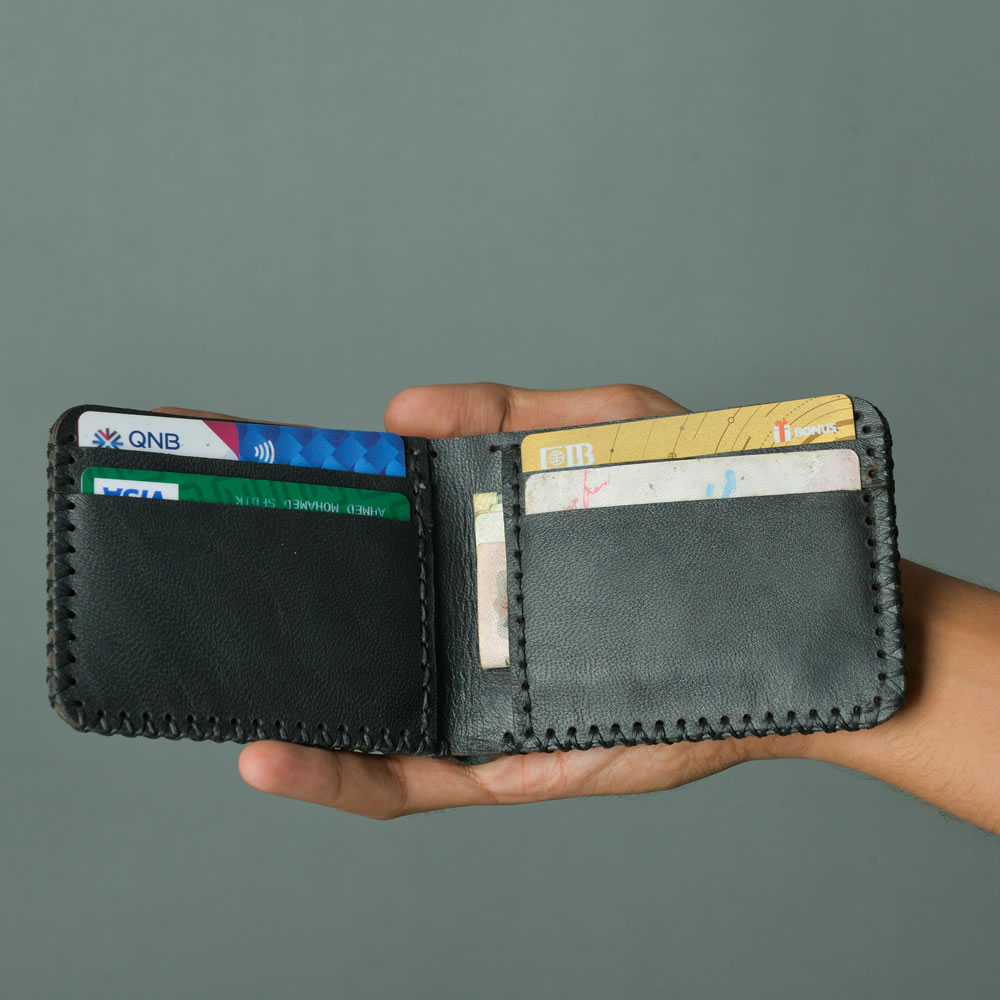Debt-Free but Not Free: How to Stay Out of Debt for Good

Being debt-free is a significant achievement, but maintaining that status requires ongoing financial responsibility and smart strategies. Key practices include understanding spending habits, building an emergency fund, living below your means, using credit wisely, setting and revisiting goals, and continually educating yourself about personal finance. By adopting these habits, you can enjoy a debt-free lifestyle with confidence and peace of mind.
Debt can feel like a persistent shadow, lurking just behind your financial confidence. The thrill of finally paying off those student loans, credit cards, or that car loan is liberating, but staying out of debt requires a whole new set of skills. It's like reaching the summit of a mountain only to realize the journey down demands just as much attention and care. The challenge lies in not just being debt-free, but maintaining that status in a world full of financial temptations and unexpected expenses.
Being debt-free is a milestone worth celebrating, but it's important to understand that being free of debt doesn't mean you're free from financial responsibility. Like any good relationship, your financial health requires ongoing attention and nurturing. And while it might sound daunting, with the right mindset and strategies, you can enjoy a debt-free life without feeling like you're walking a tightrope.
Understanding Your Spending Habits
It's crucial to have a deep understanding of your spending habits, as they often determine whether you stay debt-free or fall back into the cycle. Take the time to track your expenses for a month or two. This exercise will shine a light on areas where you might be spending more than you realize. For instance, those daily lattes might seem harmless, but they add up to a significant amount over time.
According to a study by Bankrate, nearly two-thirds of Americans don't keep a detailed budget. By not knowing where your money is going, it's easy to overspend without realizing it. This lack of awareness can quickly lead to debt if you're not careful. By closely monitoring your spending, you can make informed decisions and adjust your habits to align with your financial goals.
Once you've identified your spending patterns, categorize your expenses into needs, wants, and savings. This simple step helps prioritize your spending and ensures that you're directing your money towards the things that truly matter to you.
Building a Robust Emergency Fund
An emergency fund is your financial safety net. It's there to catch you when life throws an unexpected curveball, whether it's a car repair, medical bill, or sudden job loss. Without this cushion, such events can quickly lead to debt as you scramble to cover costs.
Financial experts often recommend having three to six months' worth of living expenses saved up. While this might sound daunting, particularly if you're just starting, remember that it's a gradual process. Start small, aiming for at least $1,000, and build from there. The key is consistency; contribute to your emergency fund regularly, even if it's just a modest amount.
Consider keeping your emergency fund in a high-yield savings account. This way, your money earns interest while remaining accessible when you need it. As financial advisor Jane Smith explains, "An emergency fund not only provides financial security but also peace of mind, reducing the stress that comes with financial uncertainties."
Debt Payoff Calculator
Plan your financial future by estimating how long it will take to pay off your debt based on your balance, annual percentage rate (APR), and monthly payment. After entering your figures, the calculator determines the number of months needed to fully repay the debt and calculates the total interest paid over time.
Living Below Your Means
It might sound simple, but living below your means is a powerful way to avoid debt. This doesn't mean depriving yourself of life's pleasures; rather, it's about making conscious choices that align with your financial goals. One effective strategy is the 50/30/20 rule: allocate 50% of your income to needs, 30% to wants, and 20% to savings and debt repayment.
By adhering to this rule, you ensure that your spending doesn't exceed your earnings. It's also a flexible framework that can be adjusted as your financial situation changes. For example, if you receive a raise, resist the urge to inflate your lifestyle proportionally. Instead, consider increasing your savings contributions or paying off any remaining debts.
Living below your means also involves being mindful of lifestyle inflation. As your income grows, it's natural to want to upgrade your lifestyle. However, maintaining the same level of expenses while your income increases allows you to save more and build wealth over time.
Staying Mindful of Credit Usage
Credit cards can be a useful financial tool if used responsibly, but they can also be a gateway to debt if mismanaged. The key is to use credit strategically, ensuring that you pay off your balance in full each month to avoid interest charges.
According to CNBC, the average credit card interest rate is around 20%, which means carrying a balance can quickly become expensive. To avoid this, only charge what you can afford to pay off. Additionally, consider setting up automatic payments to ensure you never miss a due date, which can protect your credit score.
Another strategy is to periodically review your credit card statements for any unauthorized charges or subscriptions you no longer need. This practice not only helps prevent fraud but also curbs unnecessary spending that can lead to debt.
Setting and Revisiting Financial Goals
Goals provide direction and motivation, helping you maintain a debt-free lifestyle. Start by setting both short-term and long-term financial goals. Short-term goals might include saving for a vacation or a new appliance, while long-term goals could involve retirement planning or purchasing a home.
Review your goals regularly to assess your progress and make adjustments as needed. Life changes, and so do financial priorities. By keeping your goals front and center, you stay focused on what's important and avoid financially reckless decisions that could lead to debt.
Consider using visual aids like a vision board or financial planner to keep your goals tangible and top of mind. As behavioral finance expert Dr. Sarah Thompson notes, "Visualizing your financial future can be a powerful motivator, reminding you of the rewards of staying debt-free."
Educating Yourself Continually
Financial literacy is an ongoing journey. The more you know, the better equipped you'll be to make sound financial decisions and avoid debt. Take advantage of the wealth of resources available, from books and blogs to podcasts and online courses.
Make it a habit to stay informed about personal finance topics that interest you. Whether it's investing, budgeting, or retirement planning, deepening your knowledge can open up new opportunities and strategies for maintaining a debt-free lifestyle.
Additionally, consider joining a community or group focused on personal finance. Engaging with others who share similar goals can provide support, accountability, and fresh perspectives that enhance your financial journey.
In the end, staying debt-free is about balance and intentional living. It requires a proactive approach to managing your finances, but the rewards—financial freedom, reduced stress, and the ability to pursue your dreams—are well worth the effort. Remember, it's not just about avoiding debt; it's about creating a life where financial worries don't hold you back.







